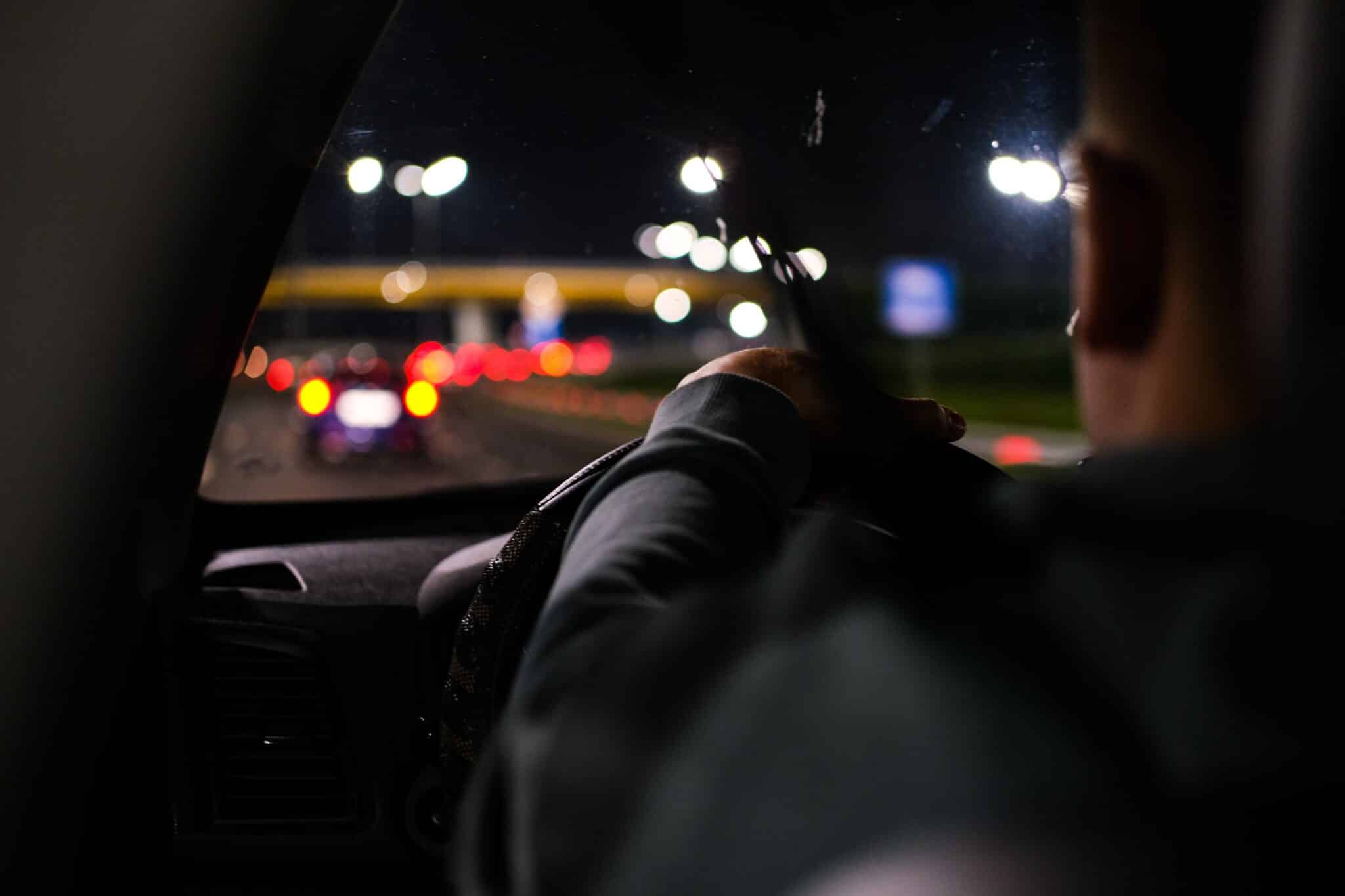The scariest things this Halloween season have nothing in common with the latest creature features on our favorite streaming services. While trick-or-treating is enjoyable for children and families, Halloween, like other popular holidays, carries an elevated risk for those who venture out.
According to NHTSA data, there were nearly 7,400 pedestrians killed in traffic accidents in 2021, with the majority of those occurring at night (77 percent). As kids and families take to the sidewalks on Halloween night, motorists need to be vigilant.
“We don’t discourage having get-togethers during Halloween because it’s a fun time not only for children but also for adults,” said Special First Lieutenant Jim Flegel, Traffic Safety Specialist with the Michigan State Police. “What we encourage is designating a sober driver so you don’t get behind the wheel drunk and endanger your life or somebody else’s life.”
Halloween Presents Its Own Dangers
A cursory search of the most dangerous holidays to drive will yield results like Labor Day, New Year’s, Thanksgiving, and July 4th. This makes sense, given how people often plan vacations or travel to see family around these times of the year. Halloween, by contrast, may not be a big road trip holiday, but with trick-or-treaters crisscrossing the neighborhood and the urge for some adults to party hard with the witch’s brew, Halloween presents its own dangers.
“I have seen that change literally in front of my eyes over the past decade,” explained Doug Scoles, Great Lakes Regional Director for Mothers Against Drunk Driving (MADD). “We were always concerned about New Year’s Eve, July 4th, St. Patrick’s Day, and even the Super Bowl, but Halloween has become one of the most dangerous times of the year with impaired drivers on the road.”
According to NHTSA, there were 126 people killed in drunk-driving crashes on Halloween night between 2015 and 2019. On Halloween night in 2019 specifically, there were 21 vehicle occupants and four pedestrians killed in alcohol-related crashes. Adults between the ages of 21 and 34 had the highest percentage (62 percent) of fatalities in drunk-driving crashes on Halloween night in 2019. MADD sometimes refers to holidays like Halloween as “second-tier holidays” but advises caution anyway.
“They have been coming on strong for the last couple of decades because there is a lot of celebrating around these second-tier holidays now,” Scoles said. “Partying with alcohol on these days is the same core problem we have in virtually all impaired driving cases.”
Citing NHTSA data showing that drunk driving caused 13,384 deaths in 2021, MADD is calling for more urgent and swift action to address a situation the organization calls a worsening crisis for American roadways.
“It’s shocking to learn that 37 people a day, or one person every 39 minutes, is killed in an alcohol-related crash and another 1,000 are injured,” said MADD CEO Stacey D. Stewart, noting that NHTSA’s 2021 findings indicate a continued increase in alcohol-related deaths to their highest levels since 2007. “These are not just statistics,” Stewart continued. “These are innocent people, broken families, and devastated communities impacted by a crime that’s 100 percent preventable.”
Awareness & Prevention
The Michigan State Police encourages parents to talk with their children about watching for traffic. Flegel suggests going door-to-door with your children on Halloween to prevent them from inadvertently running into the street. “Children are very excited and love going door-to-door getting candy, and they don’t always watch out for cars,” he said. “Always make sure they are visible by having them carry some type of light or wear some type of bright-colored clothing.”
MADD advises parents to remain vigilant and understand that chances exist in every neighborhood for a motorist to be operating under the influence. “The last thing we want is a tragedy to happen when it should be a fun time for kids dressing up and getting candy,” Scoles said. “We recommend taking extra precautions to safeguard children and for parents to always be aware of their surroundings.”
NHTSA provides these tips for drivers and pedestrians to consider on Halloween night. The National Safety Council has published a list of best safety practices for parents and guardians to follow while trick-or-treating. We have tips below from the Michigan State Police, National Safety Council, and MADD. The advice is relevant not only for Halloween night but overall in our daily lives.
“Our messaging, public awareness, and programs supporting law enforcement play a big part in taking the impaired driver off the road,” Scoles added. “We are in the fight against drunk and drugged driving to save lives and prevent that tragedy from happening.”
“Nobody wakes up in the morning and says they are going to crash their car today,” Flegel said. “But as a driver, you still have to maintain control of your vehicle at all times, especially when there will be more pedestrians out on Halloween night.”
Safety Tips From The National Safety Council
- Enter and exit driveways carefully.
- Fasten reflective tape to costumes and candy bags.
- Agree on a specific time children should return home.
- Teach your children to never enter a stranger’s home or car.
- Watch for children walking on roadways, medians, and curbs.
- At twilight and later in the evening, watch for children in dark clothing.
- Instruct children to travel only in familiar areas and stick with their friends.
Safety Tips From Mothers Against Drunk Driving
- Designate a sober driver.
- Use a taxi or ride-sharing service.
- Plan ahead if your night includes alcohol.
- Buckle up: This is the best defense against an impaired driver.
- MADD Victim Services Hotline is available 24 hours a day, seven days a week.
Safety Tips From The Michigan State Police
- Abide by all traffic laws and posted signs.
- Pay attention behind the wheel at all times.
- Remove all distractions in the car, including cell phones.
- Allow for plenty of time when crossing a street or intersection.
- Use sidewalks whenever available and never cross the street mid-block.
- Cross streets at a corner, using traffic signals and crosswalks whenever possible.
- Always stop at the edge of a parked car, curb, or vehicle before walking out into traffic.
- Wear reflective clothing and carry a flashlight when walking at night or in the early morning.


